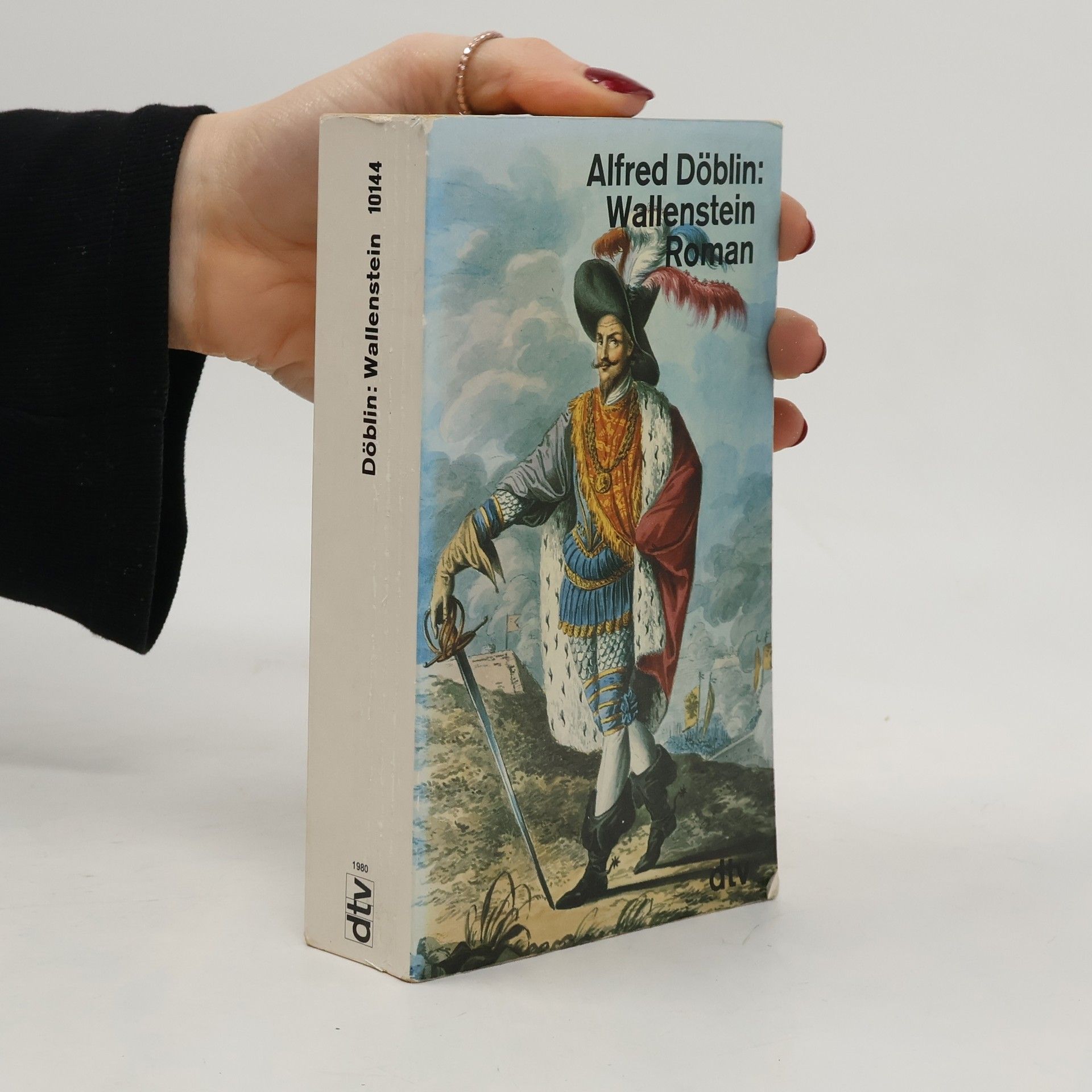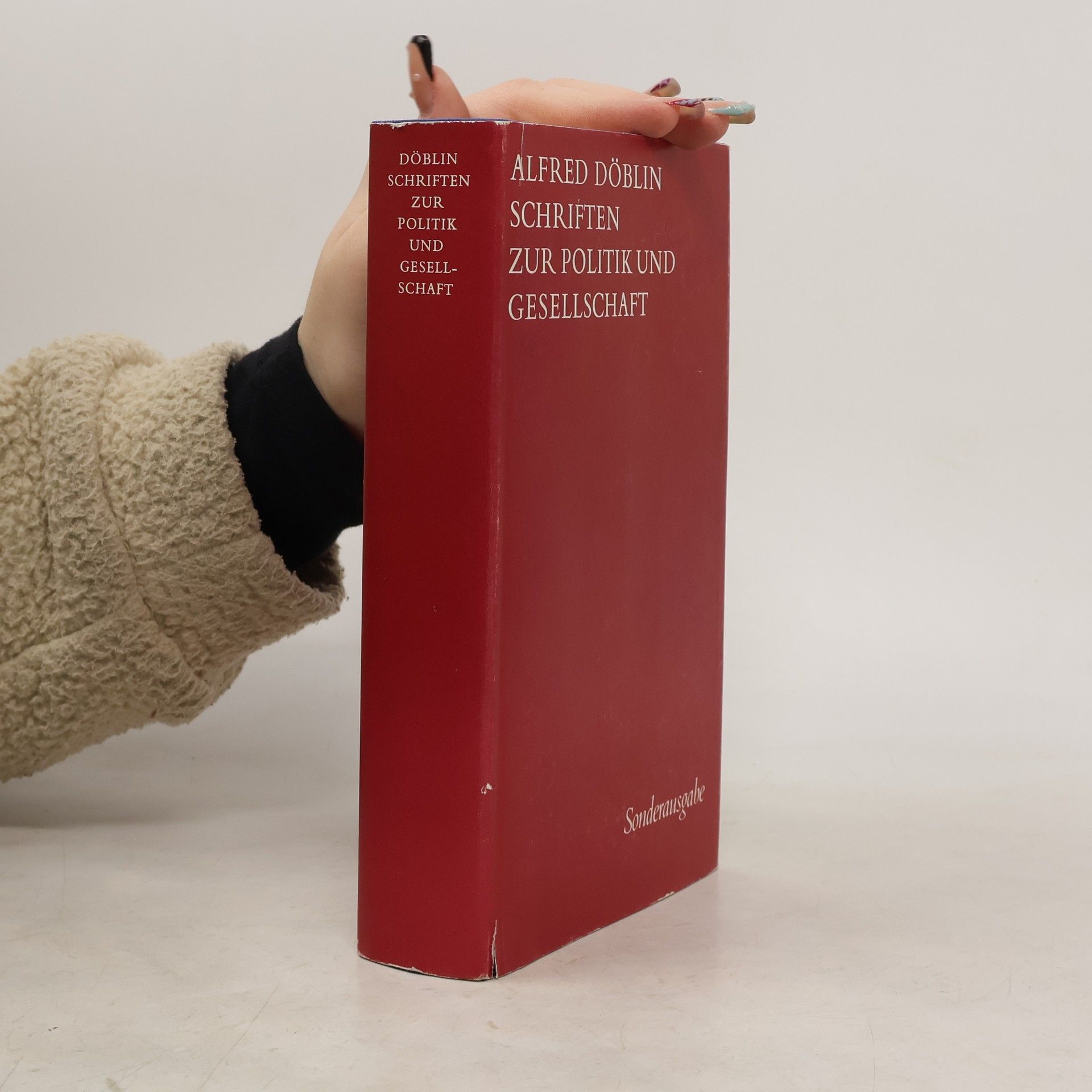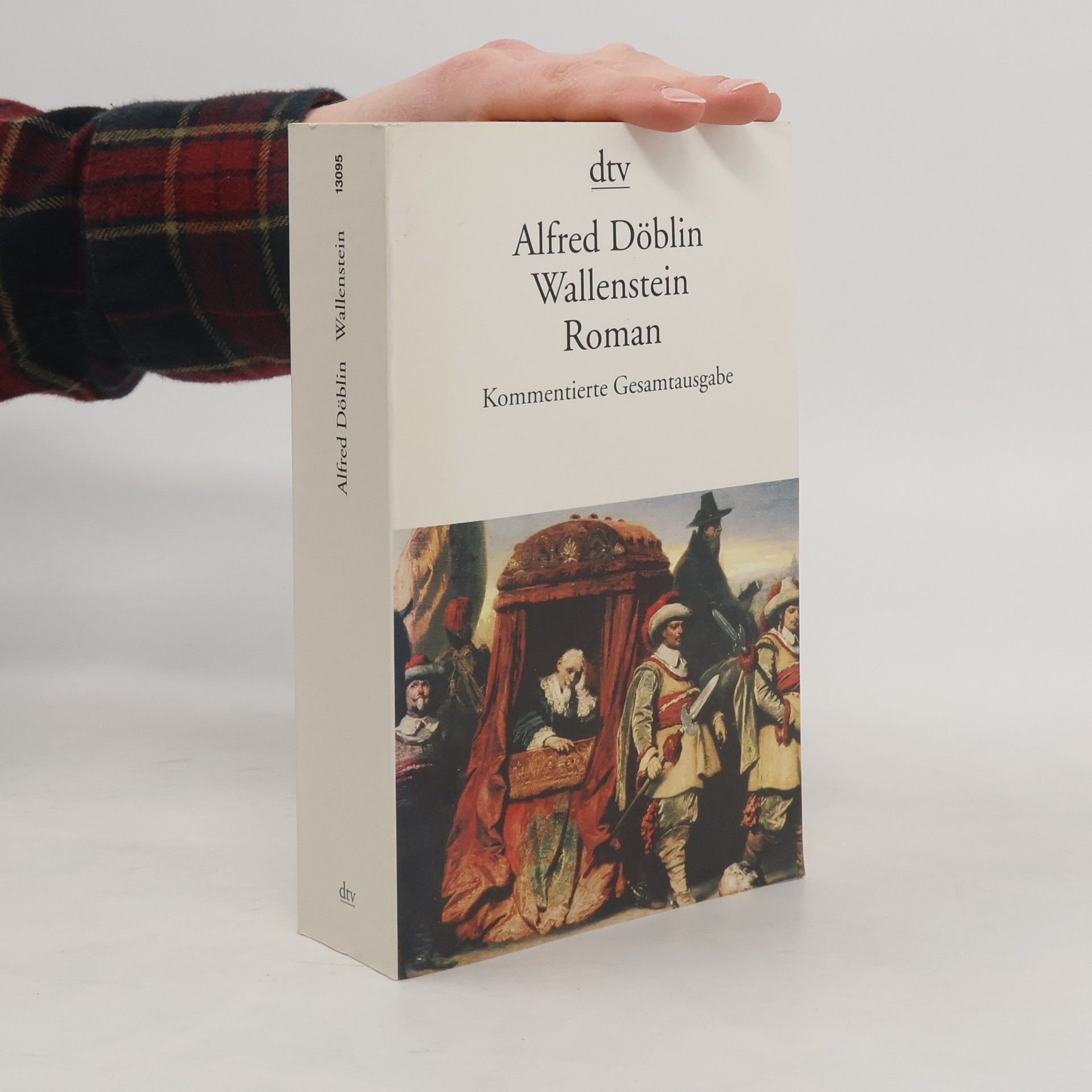Burgueses y Soldados
- 512 páginas
- 18 horas de lectura
La revolución de 1918, un episodio decisivo en la historia de Alemania, precipitó el cambio desde la monarquía del Reich alemán a la República de Weimar. Alfred Döblin, testigo de primera mano, logró convertirlos en una monumental obra literaria: "Noviembre de 1918", en la que, a partir de diferentes recursos, muestra todas las facetas y aspectos de unos meses que cambiaron el curso de la historia de su país. En esta primera entrega, "Burgueses y soldados", buena parte de la tensión narrativa que genera Döblin reside en el acusado contraste entre los esfuerzos del líder espartaquista Karl Liebknecht por movilizar al proletariado y los pactos que el dirigente de la asamblea de los representantes del pueblo intenta establecer con los altos mandos militares. Una de las novelas más importantes de la literatura del siglo XX traducida por primera vez al castellano.





